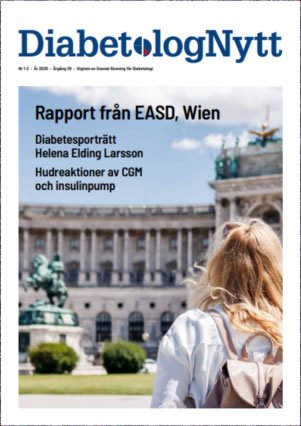Researchers have found that a high-fat diet affects the molecular mechanism controlling the internal body clock that regulates metabolic functions in the liver.
According to UC Irvine scientists, disruption of these circadian rhythms may contribute to metabolic distress ailments, such as diabetes, obesity and high blood pressure.
However, the researchers also discovered that returning to a balanced, low-fat diet normalized the rhythms.
This study reveals that the circadian clock is able to reprogram itself depending on a diet’s nutritional content- which could lead to the identification of novel pharmacological targets for controlled diets.
UC Irvine’s Paolo Sassone-Corsi, the Donald Bren Professor of Biological Chemistry and one of the world’s leading researchers on the genetics of circadian rhythms, led the study.
Circadian rhythms of 24 hours govern fundamental physiological functions in virtually all organisms. The circadian clocks are intrinsic time-tracking systems in our bodies that anticipate environmental changes and adapt themselves to the appropriate time of day.
A high-fat diet reprograms the liver clock through two main mechanisms. One blocks normal cycles by impeding the clock regulator genes called CLOCK:BMAL1.
The other initiates a new program of oscillations by activating genes that normally do not oscillate, principally through a factor called PPAR-gamma.
It’s noteworthy, Sassone-Corsi said, that this reprogramming takes place independent of the state of obesity; rather, it’s solely dependent upon caloric intake – showing the remarkable adaptability of the circadian clock.
The study is published in journal Cell.
Nyhetsinfo
www red DiabetologNytt

